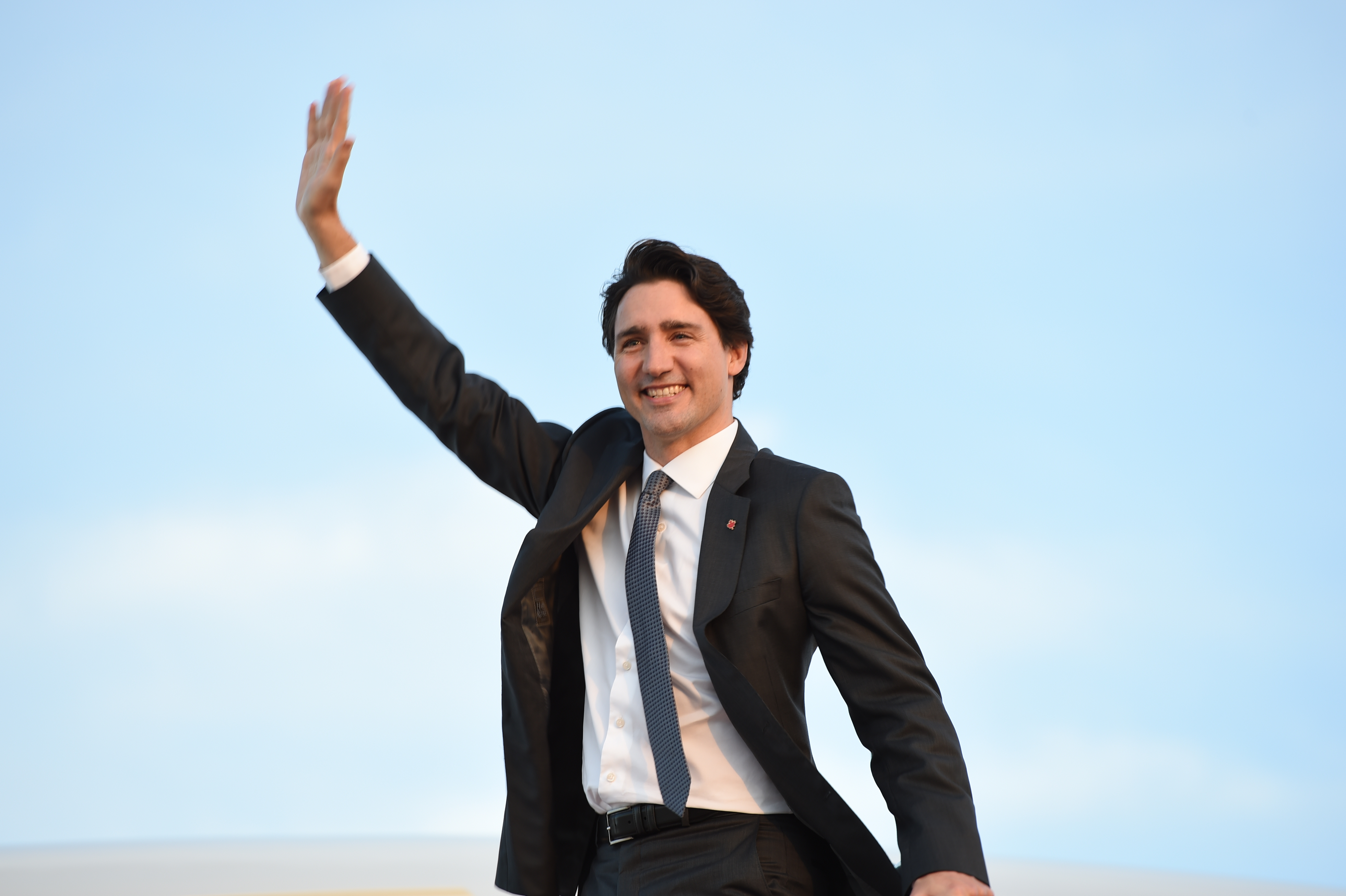by Emma Kelsall

On October 21 2019, Trudeau and the Liberals secured a second term with 157 seats out of 338. Despite the Prime Minister’s success, not only have the Liberal Party lost their majority, they lost the popular vote raking in 33.0%, a close call compared to the Conservatives’ 34.4%.
Bloc Québécois, the country’s separatist party, took 32 seats, along with 7.7% of the popular vote, a wonderful victory compared to the 10 seats they held before. On the other hand, the left-leaning New Democratic Party (NDP) saw a decline in seats, now holding a meagre 24 seats, though winning 15.9% of the popular vote. The Green Party also won 3 seats and gained 6.5% of the popular vote. It is estimated that the turnout for the election was 66%.
You may be wondering how the winner of the popular vote differs from the winner of the overall election, and it’s due to the “first past the post” system, in which the candidate in each riding (a Canadian electoral district) wins the corresponding seat for that riding in Parliament, instead of each vote in said riding counting towards the overall vote. The party with the most seats in Parliament wins the election overall.
Following his election, Trudeau addressed his supporters in Montreal. He claimed that voters had “rejected division and negativity… and voted in favour of a progressive agenda and strong action on climate change.” Trudeau also said “thank you for having faith in us to move our country in the right direction.” He also addressed those who didn’t support him, promising his party would act for the best interests of everyone.
However, despite the win, it is clear that Trudeau’s popularity has fallen since he took office in 2015. After promising a variety of liberal promises and what he called “real change,” the President has found himself at the centre of many scandals. His pro-environment ethics were questioned when he supported the expansion of the Trans Mountain oil pipeline. Furthermore, despite being an open advocate for equality and diversity, photographs of the Prime Minister in blackface on three separate occasions have become widespread. It is obvious to see that these scandals have hurt Trudeau’s chances in this election.
On the other hand, while their popularity has greatly increased, the election was a disappointing loss for Andrew Scheer and the Conservative Party. Despite this, Scheer expressed his faith in his party, claiming he was “incredibly proud” of the Conservative team going to Ottawa. Nonetheless, Scheer still claims that he believes the country is “further divided” and that Trudeau’s “leadership is damaged and his government will end soon.
The center right party’s loss has mainly been put down to the choice to focus their campaign on economic arguments over ethical arguments at a time when populist and far right parties are gaining power elsewhere.
Despite losing many seats, NDP leader, Jagmeet Singh, promised to make “Canadians’ life… better,’ and looked towards the future. Green Party leader, Elizabeth May, claimed the election was a success, after tripling the amount of seats they held in 2015.
In Canada’s minority government, Trudeau will likely struggle to get his policies passed, however, after ruling out a coalition, Canada will have to play the waiting game to see how successful Trudeau’s second term will be.
